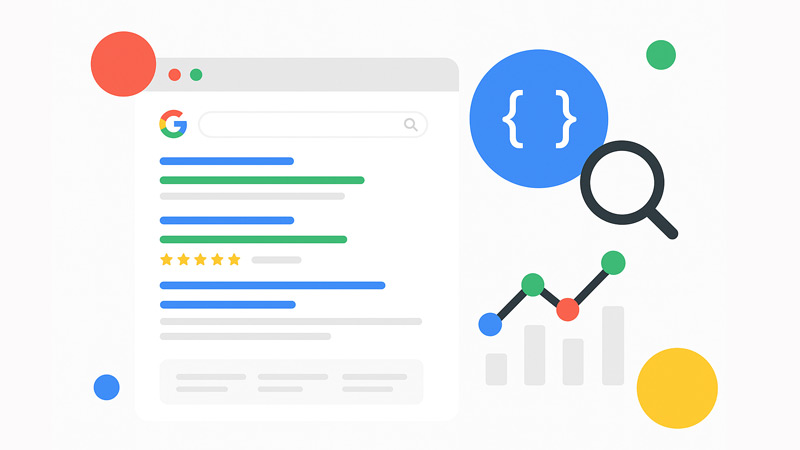Artificial Intelligence (AI) is transforming how content is created, offering powerful tools that speed up writing and improve efficiency. For SEO professionals, AI content creation can be a game-changer but it also raises important ethical questions. This guide explores what every SEO should understand about the ethics of AI-generated content to maintain integrity and avoid penalties.
What Is AI Content Creation?
AI content creation uses machine learning models to generate written text based on prompts or data. Tools like GPT-based models, Jasper, and Writesonic can produce articles, product descriptions, social media posts, and more, often in seconds.
While AI can generate vast amounts of content quickly, it lacks human judgment, nuance, and creativity, which are essential for high-quality, engaging writing.
Why Ethics Matter in AI-Generated Content
Ethics in AI content creation matter because:
- Originality and Quality: AI may generate repetitive or generic content, risking a drop in originality and user value.
- Misinformation: AI can produce inaccurate or biased information if not carefully reviewed.
- Transparency: Readers deserve to know if content was AI-assisted, maintaining trust and honesty.
Ignoring these ethical considerations can damage brand reputation and SEO performance.
SEO Implications of Using AI Content
Google and other search engines value unique, valuable, and user-focused content. AI-generated content that is low-quality, spammy, or duplicated risks penalties such as ranking drops or de-indexing.
Google’s guidelines currently discourage automatically generated content that is “thin” or manipulative. However, AI content that’s carefully edited and provides real value may still align with SEO best practices.
Best Practices for Ethical AI Content Creation
To ethically leverage AI content creation, SEO professionals should:
- Disclose AI Use: Be transparent with readers when AI tools assist content production.
- Human Review & Editing: Always have human experts review AI content for accuracy, tone, and originality.
- Avoid Plagiarism: Use plagiarism checkers and ensure AI content is unique.
- Focus on User Value: Prioritize content that genuinely helps and informs your audience.
Following these practices balances efficiency with integrity.
The Future of AI and SEO Ethics
As AI tools evolve, guidelines and regulations around AI-generated content are likely to become more defined. SEO professionals must stay informed and adapt to new standards that promote ethical automation while preserving creativity and authenticity.
Balancing AI’s power with human oversight will be key to sustainable SEO success.
Conclusion: Navigating AI Content with Integrity
AI content creation is a powerful tool for SEOs but ethical considerations must come first. By understanding the risks and best practices, SEO professionals can use AI responsibly to boost productivity without compromising quality or trust.
Stay transparent, review thoroughly, and keep user value at the heart of your strategy to harness AI content ethically and effectively.




